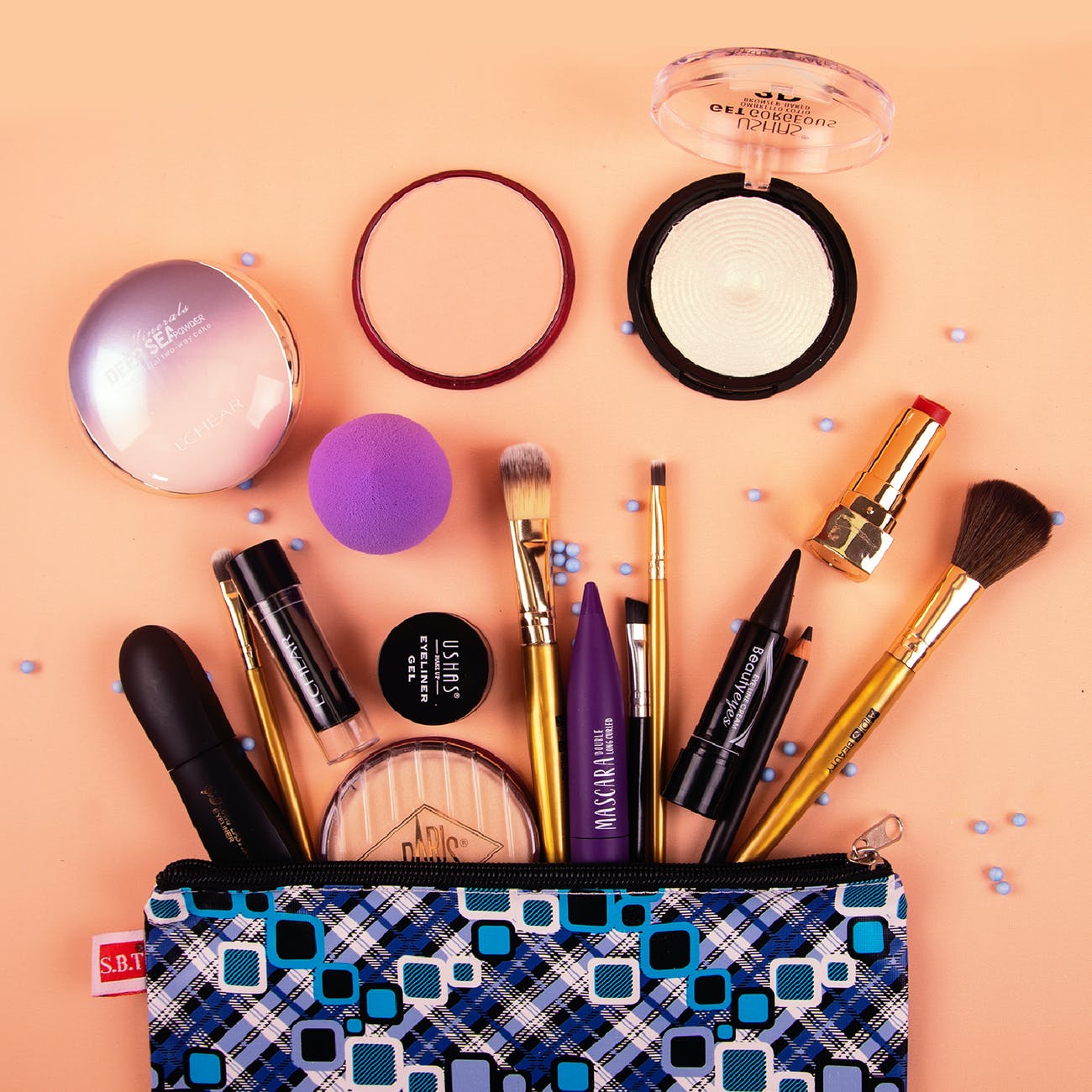
Recently I have been learning about mourning in Judaism. I knew a little bit, but there are so many aspects and rituals I never heard of or thought about. It’s not a topic people talk about much. It’s scary and most of us don’t want to think about death too much.
Since I started learning about the Shiva, the Shloshim, the burial, I came to the conclusion that we do need to learn about it. Sadly, one day, everyone will be in a situation, when they will need to mourn. Judaism provides a wonderful way to deal with it. The burial, sitting shiva, saying Kaddish. All these rituals are important for the mourner.
Judaism shows how it is okay to mourn, to deal with the loss.
As I was learning about what is allowed and what isn’t during the Shiva week and the Shloshim, I read books, talked to my rabbi, and also searched articles online. How lucky we are to live in today’s day and age. I can research on my own, I can read up, learn more on depth, listen to Shiurim and podcasts.
One of the signs of mourning is to not cut one’s hair or shave. Obviously, the shave part is for men and their beards. Similar to the time during Omer and also the three weeks between the 17th of Tamuz and Tisha BeAv. When mourning the loss of a close relative, men don’t shave their beard and both, women and men, don’t cut their hair. There are many other restrictions in that time. One, which applies to women, is to not put on make-up. I can relate to that. It makes sense.
As I was reading up on what to do or not do when, I came across this ruling:
Unmarried women may not use eye shadow, face make-up and other cosmetics during Shloshim, but married women may use cosmetics of all kinds after Shiva, because one can’t expect a husband to have to see his wife looking unattractive for an entire month.
Oh dear! The poor husband. How will he deal with seeing his wife without make-up for a month? I really feel for him. What a sacrifice it must’ve been for him, to have to see his wife without make-up for the whole shiva-week?
To be fair, I’m not someone who wears make-up every day. And even when I do, it’s not much. Some eyeliner, mascara, maybe eye shadow. Not wearing make-up is not a huge sacrifice to me. But it’s not about how big the sacrifice is. It’s about mourning. For the days after a loved one has died and was buried, the mourner should deal with the grief, the loss, and not with how one looks. Not wearing make-up during this time is a statement of the state of my mind. The woman, just like the man, is coming to terms with the situation. Why would anyone ask of her to stop that?
How is it her concern during this hard time in her life?
How can it be that the husband’s feelings about his wife without make-up (which is definitely worth another post) are above the wife’s grief and mourning?
And while we’re at it:
Why isn’t there the same rule about his beard? Have you seen what a beard looks like when it’s not taken care of and trimmed? Definitely worse than a woman without make up, the way Hashem made her…